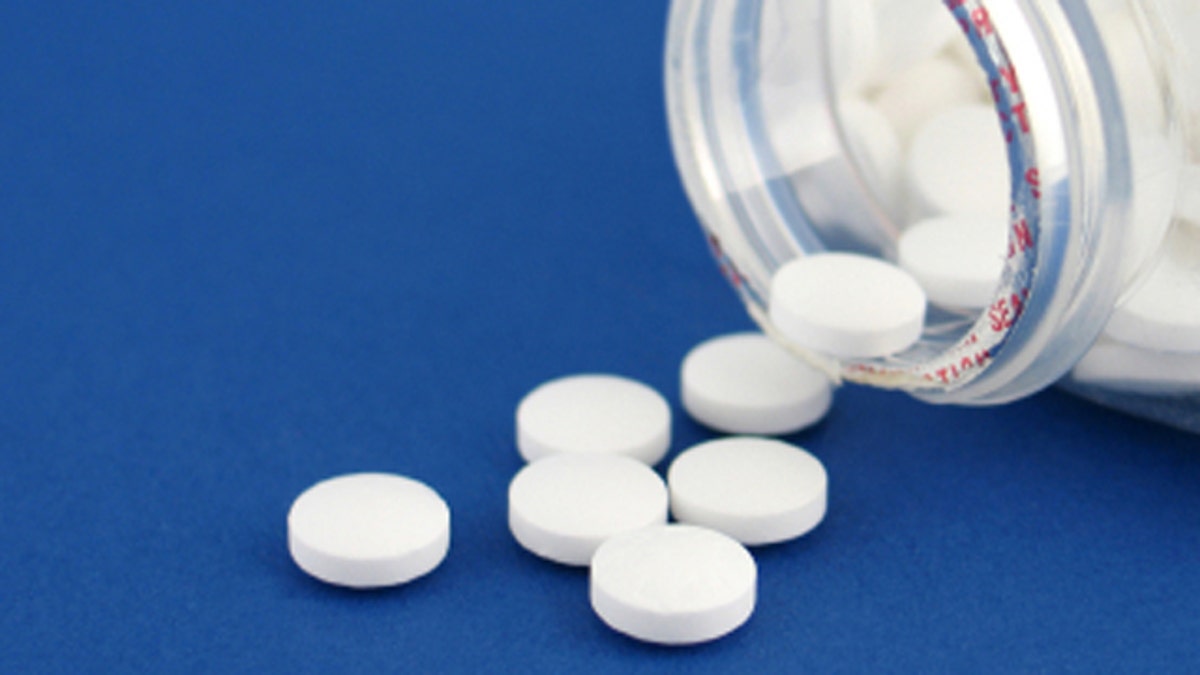
Most medicine cabinets contain a jumble of over-the-counter health products, but knowing what to use, when, can be confusing. Just because a medication is sold without a prescription doesn't mean it is harmless, and some old standbys can do more harm than good. Based on consultations with experts and reference materials, here is a deceptively easy quiz from The Wall Street Journal to test your home-remedy literacy.
1. You have a headache. Should you take:
A) Advil (ibuprofen)
B) Tylenol (acetaminophen)
C) Aspirin
Answer: A, B or C
All of them will relieve a simple headache, but through different means and with different side effects.
Advil and Motrin (ibuprofen), Aleve (naproxen sodium) and aspirin all reduce pain by fighting inflammation, which also makes them particularly useful for combating arthritis, tooth pain, menstrual cramps and muscle sprains. But they can cause stomach bleeding, so people with peptic ulcers, liver, kidney or heart disease should talk to their doctors before taking them.
Aspirin has the added benefit of preventing blood clots, which is why taking one daily can lower the risk of cardiovascular disease. But aspirin shouldn't be used by people who have low blood pressure or open wounds, or by children who have the flu or chickenpox due to the risk of Reye's syndrome, a rare neurological disorder.
Tylenol (acetaminophen) works by calming pain signals in the brain. But it can cause liver damage if you regularly have three or more alcoholic drinks a day or take a higher dosage than recommended.
All in all, ibuprofen is arguably the strongest, but aspirin works faster, naproxen lasts longer and acetaminophen is safer if you have stomach problems (and aren't a heavy drinker). A few brands contain both acetaminophen and aspirin, but don't mix them on your own and don't take any of them for more than five days straight, since they can cause "rebound" headaches, in which the body feels withdrawal when they wear off.
2. To clean a cut or scrape, it is best to use:
A) Hydrogen peroxide
B) Isopropyl (rubbing) alcohol
C) Neither
D) Both
Answer: C
Cleaning a wound with peroxide or alcohol can harm the tissue and delay healing. Instead, rinsing under cool water for several minutes can usually remove most dirt, debris or bacteria. Use mild soap on the area around the wound if it's still dirty. Antibiotic ointments aren't necessary for minor wounds and can sometimes cause allergic skin reactions. Minor bleeding helps clean a wound, but see a doctor if the bleeding doesn't stop soon, if red streaks appear, if the wound is deep enough to see fat or muscle, if it came from an animal or human bite or if it is a puncture wound and you haven't had a tetanus shot in five years.
